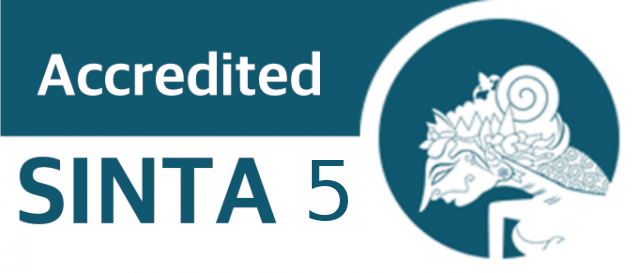KEKUASAAN POLITIK MENURUT PEMIKIRAN BUYA HAMKA
Abstract
This research aims to analyze Buya Hamka's views on political power and how these views are shaped by the Islamic principles that underpin his thinking. The study employs a descriptive-analytical method with a qualitative approach. Data were gathered through a literature review, examining various writings and ideas of Buya Hamka relevant to the research theme. The findings indicate that, according to Buya Hamka, political power must be exercised in accordance with Islamic moral and ethical values. For him, political power is a trust (amanah) that must be accountable to Allah SWT and used to serve the public interest and societal welfare. Buya Hamka emphasized that political power should be directed toward the common good, rather than for personal or group interests. In his Islamic perspective, he underscores the principles of justice, truth, and balance in the administration of political power. Additionally, he highlights the importance of transparency, accountability, and public participation in the political process. Buya Hamka's thoughts contribute significantly to the development of Islamic political thought in Indonesia. His perspective emphasizes the necessity of integrating Islamic values into political practices, a view that remains relevant in the context of Indonesia's current political landscape, where Islamic values often play a central role in the political and social fabric of society.
Keywords: Power, Politics, Buya Hamka
Full Text:
PDFReferences
Damsar, Pengantar Sosiologi Politik, (Jakarta: Kencana.2015).
Hamka, Sejarah Umat Islam: Pra-kenabian hingga Islam di Nusantara, (Jakarta:Gema Insani.2016).
Iqbal, Muhammad, Fiqih Siyasah: Kontekstualisasi Politik Islam, (Jakarta: Prenada Media Group.2018).
Katimin, Politik Islam : Studi Tentang Azaz Pemikiran, dan Praktik Dalam Sejarah Politik Umat Islam, (Medan:Perdana Publishing.2017).
Katimin, Politik Masyarakat Pluralis: Menuju Tatanan Masyarakat Berkeadilan dan Berperadaban,(Bandung: Citapustaka Media Perintis.2010).
Moleong, Lexy. J., Metode Penelitian Kualitatif, (Bandung: PT. Remaja Rosdakarya, 2011).
Nazir, M., Metode Penelitian, (Jakarta: Ghalia Indonesia, 1988).
Pulungan , J. Suyuthi, Prinsip-prinsip Pemerintahan Dalam Piagam Madinah: Ditinjau dari pandangan Al qur‟an, (Jakarta: Raja Grafindo Persada. 1994).
Q.S. Al Baqarah.2:185.
Sirayudin, Ahmad, "Konsep Etika Sosial Hamka : Dalam era Kekinian,(Skripsi: Jurusan Filsafat Agama Fakultas Ushuluddin dan Pemikiran Islam UIN Sunan Kalijaga Yogyakarta. 2015).
Situmorang, Jubair, Politik Ketatanegaraan Dalam Islam : Siyasah Dusturiyah, (Bandung: CV Pustaka Setia. 2012).
Sugiyono, Metode Penelitian Pendidikan Pendekatan Kuantitatif, (Jakarta: Alfabeta, 2014).
Suryabrata, Sumardi, Metode Penelitian, (Jakarta: Raja Grafindo Persada, 2013).
Syahrul, Achmad, Penafsiran Hamka Tentang Surya Dalam Tafsir Al-Azhar,(Skripsi: Fakultas Ushuluddin UIN Sunan Kalijaga Yogyakarta,2009).
DOI: http://dx.doi.org/10.30821/islamijah.v5i1.19312
Refbacks
- There are currently no refbacks.
Indexed by:







